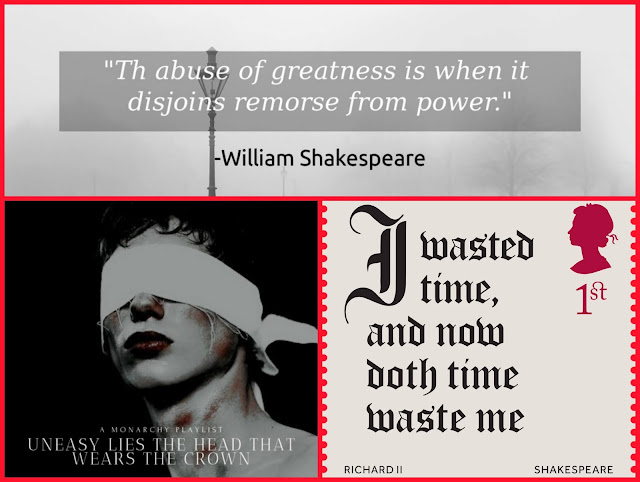So during a weekend in London we watched the musical Miss Saigon. The content, in my opinion, resonated with current news stories about desperate migrants losing their lives in the Mediterranean sea trying to flee to Europe from Africa and the Middle East. At first, the semi-pornographic bar scenes in the first twenty minutes were jarring in a musical, much the same way the seediness of Cabaret infiltrates the world of Sally Bowles. But the grotesquery of “Dreamland” was a vivid counterpoint to what I think became the key theme of Miss Saigon: the fierce protectiveness of a mother’s love.
The fall of Saigon
The historical fall of Saigon, a feature of the show, demonstrates the folly of any government’s unsuccessful attempt to interfere in another country’s affairs – a chaotic retreat without a coherent exit strategy and with hundreds of inevitably tragic consequences for individuals. The recent earthquake in Nepal underlines how poignantly pointless war and violence is for the advancement of the human race – planet Earth has plenty of natural disasters to contend with.
The Engineer
The world of Miss Saigon is a kaleidoscopic portrayal of the mess of war. The Engineer (originally Jonathan Pryce and now caustically played by Jon Jon Briones) guides us through this world like “the Emcee” of Cabaret or the “Che Guevara” character in Evita. He engineers deals and exploits the vulnerable women of Vietnam to pimp them to American GIs (and in the second half the businessmen and tourists of Bangkok.) Although he is a victim some of the time (when he is re-educated) the Engineer’s only motivation is to secure for himself a visa to America where, he hopes, he will be able to live the “American Dream,” shown in this musical as a very trashy goal. Power ballads (“I Still Believe”) alternate with gaudy chorus numbers (“The Heat Is On In Saigon”) but the first half ends with my favourite song from the show.
Parents and children
“I’d Give My Life For You” begins the process that makes the book of the show, in my opinion, stronger than its main source, Puccini’s Madama Butterfly. Puccini’s music will remain timeless but Boublil and Schönberg have a done a good job, as they did in Les Miserables with Jean Valjean and Cosette, of setting up a parent/child relationship with a resonant back story.
Theatrical coup
The patriarchal love story (with American Chris attempting to “save” Vietnamese Kim) is less important than the mother/son bond and the complications of family honour (Communist Thuy returning to claim his bride.) The sudden gap of time after we have met the main characters is disconcerting. We are thrust three years into the future without really knowing what happened to any of the characters. This strange structure of Miss Saigon is in my view one of its strengths. Two thirds of the way through the second half Kim then experiences a nightmare which recalls what happened the night Saigon fell and the theatrical power of set, costume, lighting, sound, music and performances creates an unforgettable and upsetting spectacle. The effect in the theatre I found was to make me imagine all the individual stories that are shattered in the chaos of war.
The shout of pain
The photograph above is what inspired the writers of Miss Saigon. It shows a woman giving up her child at Ho Chi Minh airport in Saigon in the hope the child will have a better life in America. Schönberg saw the photograph when flicking through a magazine during a writing session at the piano; he says: “The silence of this woman stunned by her grief was a shout of pain louder than any of the earth’s laments. The child’s tears were the final condemnation of all wars which shatter people who love each other. The little Vietnamese girl was about to board a plane to America where her father, an ex-GI she had never seen, was waiting for her. Behind the picture lay a background of years of enquiries and bureaucratic formalities in order to find the soldier with whom the woman had shared a brief period of her life…. Was this the ultimate sacrifice, a mother giving up her own happiness to save a child?”



























